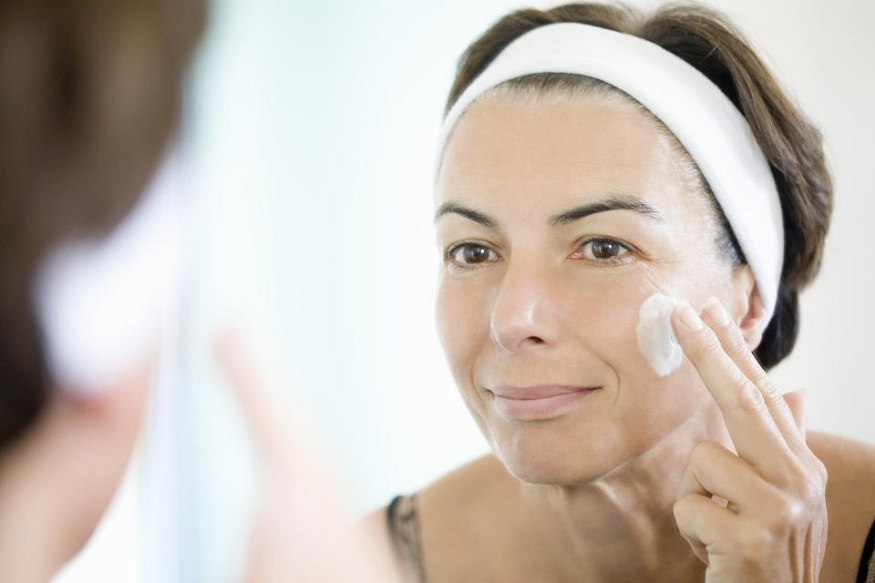How to Choose the Right SPF to Prevent Pigmentation

Pigmentation issues, such as dark spots, melasma, and sunspots, are common skincare concerns among most people. One of the most effective ways to prevent and manage pigmentation is by protecting the skin from harmful UV rays. Choosing the right SPF is crucial for preventing the worsening of pigmentation, and it plays a key role in any skincare routine. Here’s a guide to select the right SPF and understand how it guides you maintain an even complexion.
Why SPF Matters for Pigmentation
Ultraviolet (UV) rays from the sun are one of the leading causes of pigmentation. When the skin is exposed to UV radiation, it triggers the production of melanin, the pigment responsible for skin color. While melanin provides protection against sun damage, excessive exposure can cause uneven melanin distribution, resulting in dark spots and other forms of pigmentation.
To combat this, SPF acts as a barrier, shielding the skin from harmful UV rays and prevents further pigmentation. Whether you’re using face creams for pigmentation, incorporating an SPF into your routine is essential for optimal results when we are indoors or outdoors.
Understanding SPF Ratings
SPF, or Sun Protection Factor, is a measure of how well a sunscreen can protect your skin from UVB rays, the primary cause of sunburn and pigmentation. Higher SPF numbers indicate better protection, but the right SPF depends on your skin type, lifestyle, and the level of sun exposure your skin gets.
SPF 30: Offers 97% protection from UVB rays. Suitable for daily use if you’re not exposed to the sun for long periods.
SPF 50+: Provides 98% protection and is ideal for extended sun exposure, especially for those with sensitive skin or existing pigmentation concerns.
SPF 100: Offers maximum protection and is suitable for those who are highly sensitive or prone to pigmentation due to medical conditions or prolonged sun exposure.
While higher SPFs provide slightly more protection, it’s also important to remember that no sunscreen offers 100% protection, timely reapplication and sun-safe behaviors are essential.
The Best SPF for Pigmentation-Prone Skin
When looking for sunscreen, it’s important to consider your skin’s specific needs and the skin type. For pigmentation-prone skin, consider these options:
- Broad-Spectrum Protection: Choose sunscreens labeled as “broad-spectrum,” as they protect against both UVA and UVB rays. UVA rays penetrate deeper into the skin and are primarily responsible for long-term skin aging and pigmentation.
- Non-Comedogenic Formulas: If you’re prone to breakouts or sensitive skin, opt for non-comedogenic sunscreens as they won’t clog your pores.
- Pigmentation-Friendly Ingredients: Look for sunscreens that contain added ingredients like niacinamide, vitamin C, or licorice extract, as they help brighten the skin and reduce pigmentation over time. These ingredients can complement the benefits of pigmentation creams you may already be using.
- Matte or Hydrating Finishes: Depending on your skin type, choose the sunscreens with a matte finish if you have oily skin or a hydrating formula if your skin is dry. This ensures comfort and effectiveness throughout the day.
Integrating SPF into Your Skincare Routine
To prevent pigmentation, apply your sunscreen after moisturizing and before applying makeup. Be sure to use a generous amount (about a nickel-sized amount for your face) and reapply every two hours when you are outdoors most of the time. If you’re using face cream for pigmentation, like those containing retinol or hydroquinone, wearing SPF becomes even more important as these ingredients can increase sun sensitivity. Add this to everyday skincare routine.
Conclusion: Consistent Protection is Key
Choosing the right SPF is one of the best ways to protect your skin from pigmentation and ensure that your face creams for pigmentation are working effectively. Always look for broad-spectrum sunscreens with SPF 30 or sunscreens with SPF 50, and don’t skip this crucial step in your skincare routine. By making SPF a daily habit, you’re taking proactive steps to prevent pigmentation from worsening and promoting a clear, even complexion of the skin.






